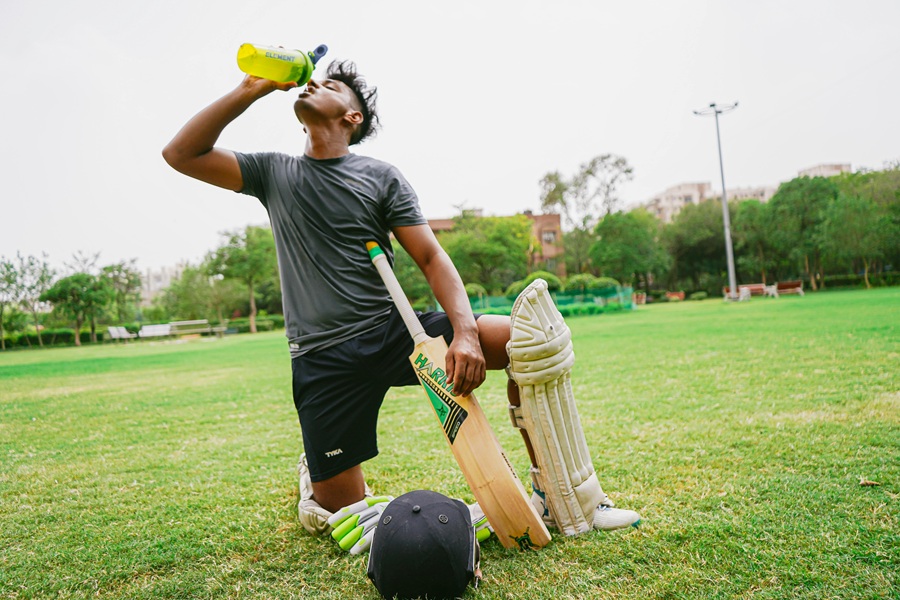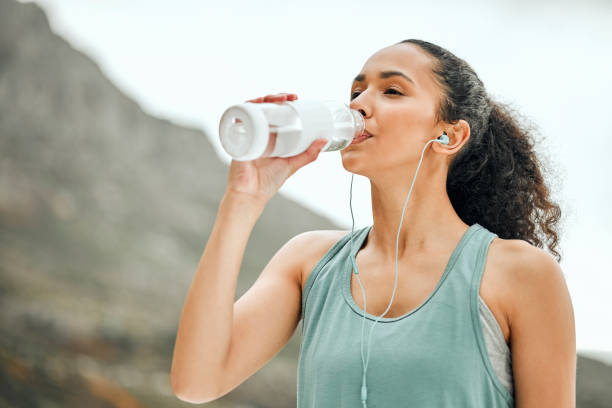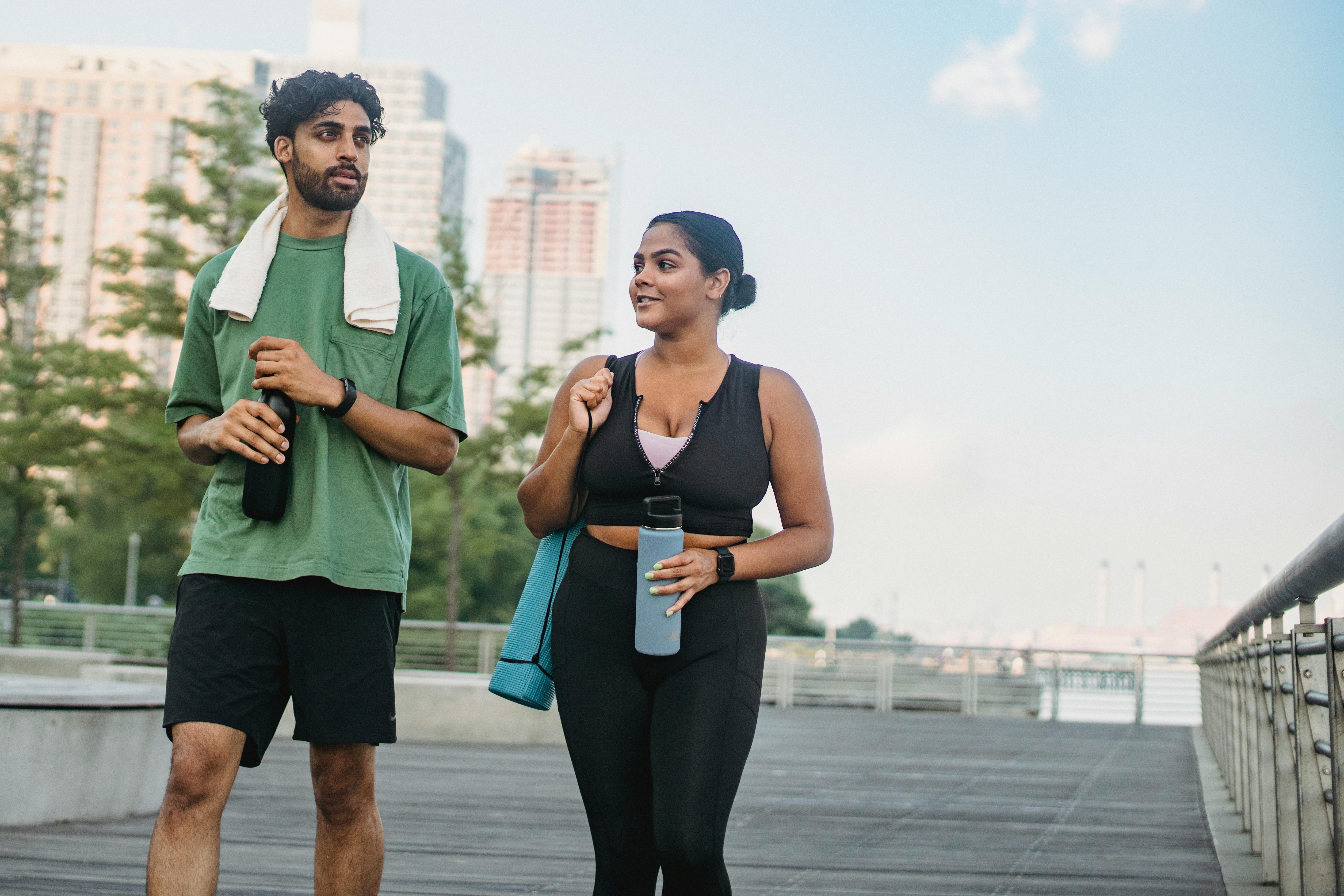

Best Hydration Strategies for Athletes
- May 07, 2025
- Health Tips
- By Super Admin


Staying hydrated is essential for athletes aiming to reach peak performance. Whether you’re training for endurance, strength, or speed, the best hydration strategies ensure your body performs at its best while reducing the risk of fatigue, cramps, and heat-related illnesses. In this article from HSWF.Network, we explore expert-backed hydration tips for athletes to help you develop a hydration routine that works before, during, and after workouts.

Hydration isn’t just about drinking water. For athletes, it involves maintaining an optimal balance of fluids and electrolytes that support muscle function, temperature regulation, and mental focus. Poor hydration can quickly lead to decreased performance, slower recovery, and increased injury risk.
According to insights from Mass General Brigham, staying hydrated is especially crucial when training in hot or humid conditions, where fluid loss through sweat is rapid and substantial.
One of the best hydration strategies starts hours before your workout. Athletes should aim to drink about 500–600 ml of water 2–3 hours before training. This gives your body enough time to absorb the fluids and prepare for exertion.
Add a small amount of sodium or opt for a light electrolyte drink if you're prone to heavy sweating. This improves fluid retention and ensures your muscles are primed for action.
Knowing how athletes stay hydrated during workouts is just as critical. The goal is to replace fluids at the rate you lose them. A general rule is to consume 150–250 ml of water every 15–20 minutes during intense exercise. For sessions longer than 60 minutes, especially in hot conditions, switch to a sports drink that contains electrolytes like sodium, potassium, and magnesium.
This sports hydration guide emphasizes consistency over quantity. Sipping fluids regularly is more effective than gulping large amounts infrequently, which can cause bloating or discomfort.
Maintaining electrolyte balance for athletes is one of the core hydration tips for athletes. Electrolytes such as sodium, chloride, potassium, and magnesium regulate nerve and muscle function. A loss of these through sweat can impair performance and cause cramps or dizziness.
Natural sources like bananas, coconut water, or sports-specific electrolyte tablets can help maintain this balance throughout your training schedule.
No two athletes are the same, so the best hydration strategies often include a personalized plan. Factors like sweat rate, body weight, training intensity, and climate all play a role. Athletes can track fluid intake, urine color, and even use wearable hydration monitors to stay on top of their hydration needs.
At HSWF.Network, we recommend adjusting hydration based on your activity level and listening to your body’s signals. Overhydration can also be a risk, so the goal is balance—not excess.

Incorporating the best hydration strategies into your fitness routine can significantly enhance athletic performance and hydration efficiency. From pre-training preparation to post-workout recovery, these hydration tips for athletes will help you stay energized, focused, and injury-free.
For more expert insights on sports health and performance, visit HSWF.Network.